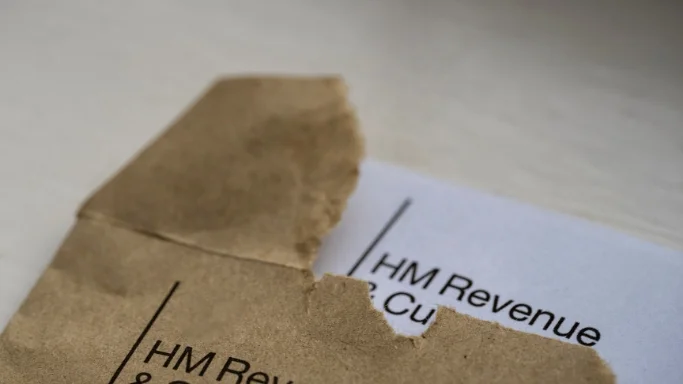
Penalties for non-compliance with Making Tax Digital (MTD)
As we adapt to an increasingly digital world, compliance with digital regulations has become paramount, especially for businesses. This article outlines non-compliance penalties with Making Tax Digital (MTD) for VAT. You can make informed decisions and avoid unnecessary fines by understanding the possible penalties.
Understanding Making Tax Digital (MTD) and its Penalty System
Making Tax Digital (MTD) is a system implemented by HMRC to digitalize the UK tax system. If you’re VAT-registered, MTD for VAT requires you to keep digital records and file VAT returns using compatible software. Non-compliance could lead to penalties, including late submission and late payment fines.
The penalty system, introduced on January 1, 2023, includes new penalties if you fail to meet the MTD requirements. A penalty regime for VAT and Income Tax Self Assessment (ITSA) was also introduced, making it essential for businesses to comply with MTD to avoid such penalties.
What Happens If You Submit Late?
Late submission of VAT returns can lead to ‘points’, a new feature of the penalty system. Accumulating these points can result in penalties for MTD non-compliance. A late submission penalty of between £5 and £15 for every day the submission is late may be charged by HMRC, depending on the level of non-compliance.
Are There Penalties for Late Payments?
Yes, there are penalties for late VAT payments under the new MTD penalty regime. HMRC may charge you a penalty of up to £400 for every return not paid on time. A late payment can also affect your points threshold, which, if exceeded, can lead to more severe penalties.
How Can You Avoid MTD Penalties?
Avoiding penalties for MTD involves several crucial steps. You must use functionally compatible software that meets HMRC’s standards to keep your records digitally and make submissions to HMRC. You must also use digital links to transfer data between pieces of software to ensure data integrity.
Another significant aspect is to file your VAT return and make payment on time. This involves complying with VAT legislation for quarterly VAT periods, paying attention to deadlines, and ensuring all information is accurate to prevent inaccuracies that could lead to fines.
By meeting these requirements, you can ensure you’re not subject to the new MTD penalty regime and continue to operate without financial penalties from HMRC.
Key Takeaways
- Making Tax Digital (MTD) is a system implemented by HMRC that requires VAT-registered businesses to keep digital records and file VAT returns using compatible software.
- The penalty system introduced on January 1, 2023, can lead to fines for late submission or payment, with potential penalties of between £5 and £15 for every day the submission is late or up to £400 for every late payment.
- Avoiding MTD penalties involves using compatible software, maintaining digital records, making accurate submissions to HMRC, and paying VAT on time.
- Late submissions or payments can affect your points threshold, and exceeding this threshold can lead to more severe penalties.
- Compliance with MTD helps you avoid penalties and ensures a smooth VAT accounting process.
By following the guidelines of HMRC, you can avoid costly penalties and ensure your business remains compliant with the latest digital tax requirements.


Request a call back
Let us know when you would like us to call you back by filling in this form:
Our 5 Star Reviews



Latest News

Making Tax Digital 2023: MPs Criticise Delays and Complexity
Explore the challenges and impacts of the UK’s Making Tax Digital initiative, including delays and the cost burden on taxpayers.

Making Tax Digital: Small Business Review
Making Tax Digital Small Business Review 2023: Understanding the Basics and Preparing for Change Introduction to Making Tax Digital (MTD) Since 1948, Jack Ross Chartered

Making Tax Digital: The Rising Costs and Challenges
Making Tax Digital: The Rising Costs and Challenges Introduction Making Tax Digital (MTD), the ambitious initiative by HM Revenue & Customs (HMRC) to digitise the
